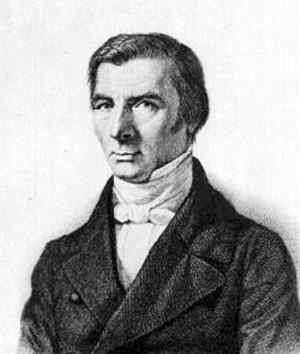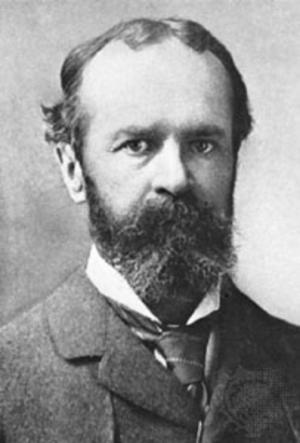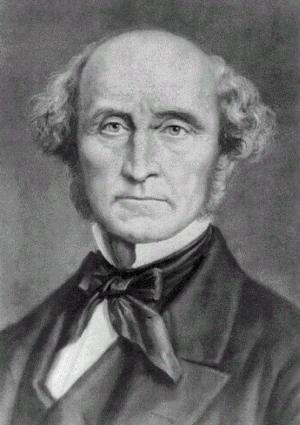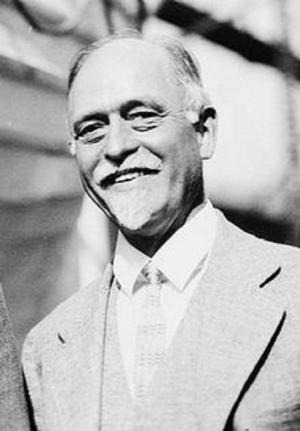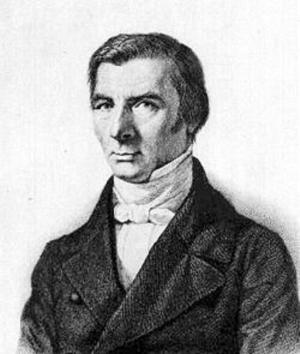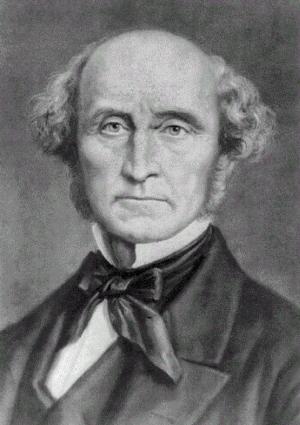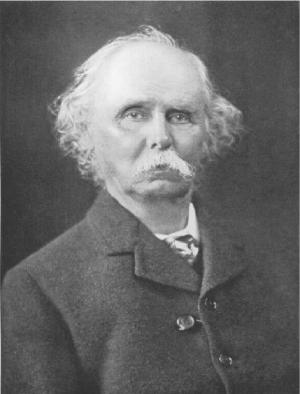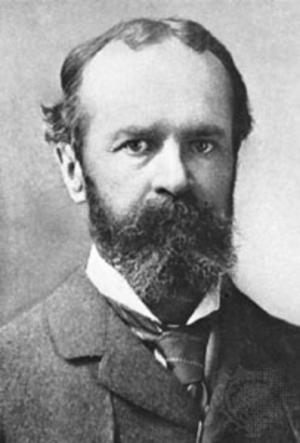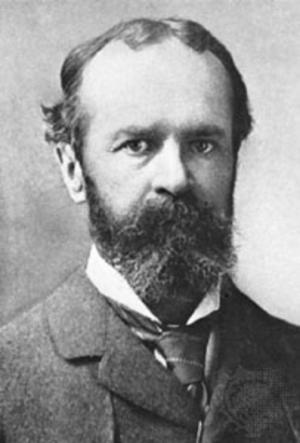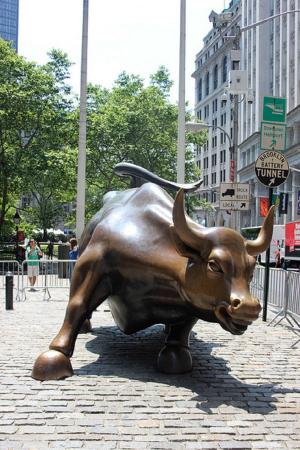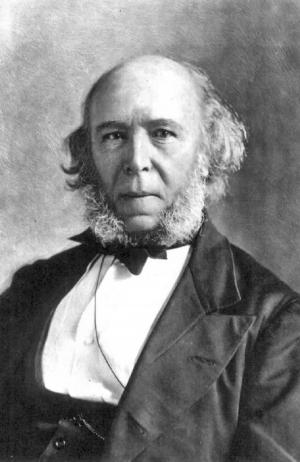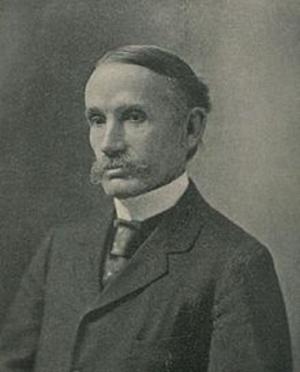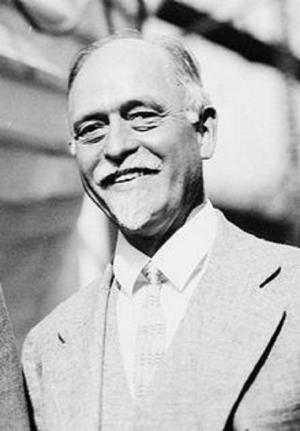John Stuart Mill on The Negro Question (Illustrated)
Business & Finance, Economics, Macroeconomics, Theory of Economics| Author: | John Mill | ISBN: | 1230000278869 |
| Publisher: | AS Team | Publication: | November 7, 2014 |
| Imprint: | Language: | English |
| Author: | John Mill |
| ISBN: | 1230000278869 |
| Publisher: | AS Team |
| Publication: | November 7, 2014 |
| Imprint: | |
| Language: | English |
The book has an active table of contents for easy access to each chapter.
John Stuart Mill made essential contributions to social theory, political theory and political economy. He has been called "the most influential English-speaking philosopher of the nineteenth century". Today, Mill’s examinations of human rights, morality, personal and societal responsibilities, and the striving for individual happiness are still having impact on our philosophies, both private and political.
The essay on The Negro Question is one of Mill’s most influential contributions to slave theory along with the essays of The Slave Power and The Contest in America. It is one of the most widely read of all books on social theory in the world as Mill's On Liberty and On the Principles of Political Economy. Using the essay The Negro Question, John Mill responded to Thomas Carlyle’s work, “Occasional Discourse on the Negro Question” via presenting his trenchant and insightful analysis of the slaver system.
First, Mill criticized the slave trade as “I have yet to learn that anything more detestable than this has been done by human beings towards human beings in any part of the earth.”
Second, Mill charged Carlyle with a vulgar error that “he would have escaped the vulgar error of imputing every difference which he finds among human beings to an original difference of nature. As well might it be said, that of two trees, sprung from the same stock, one cannot be taller than another but from greater vigour in the original seedling. Is nothing to be attributed to soil, nothing to climate, nothing to difference of exposure—has no storm swept over the one and not the other, no lightning scathed it, no beast browsed on it, no insects preyed on it, no passing stranger stript off its leaves or its bark? If the trees grew near together, may not the one which, by whatever accident, grew up first, have retarded the other’s developement by its shade? Human beings are subject to an infinitely greater variety of accidents and external influences than trees, and have infinitely more operation in impairing the growth of one another; since those who begin by being strongest, have almost always hitherto used their strength to keep the others weak.”
John Mill is known as one of the founders of economics. This is a must-read book for people who are interested in the deepest thoughts and liberal view about the slave system by John Mill, one of the greatest thinkers on the planet.
The book has an active table of contents for easy access to each chapter.
John Stuart Mill made essential contributions to social theory, political theory and political economy. He has been called "the most influential English-speaking philosopher of the nineteenth century". Today, Mill’s examinations of human rights, morality, personal and societal responsibilities, and the striving for individual happiness are still having impact on our philosophies, both private and political.
The essay on The Negro Question is one of Mill’s most influential contributions to slave theory along with the essays of The Slave Power and The Contest in America. It is one of the most widely read of all books on social theory in the world as Mill's On Liberty and On the Principles of Political Economy. Using the essay The Negro Question, John Mill responded to Thomas Carlyle’s work, “Occasional Discourse on the Negro Question” via presenting his trenchant and insightful analysis of the slaver system.
First, Mill criticized the slave trade as “I have yet to learn that anything more detestable than this has been done by human beings towards human beings in any part of the earth.”
Second, Mill charged Carlyle with a vulgar error that “he would have escaped the vulgar error of imputing every difference which he finds among human beings to an original difference of nature. As well might it be said, that of two trees, sprung from the same stock, one cannot be taller than another but from greater vigour in the original seedling. Is nothing to be attributed to soil, nothing to climate, nothing to difference of exposure—has no storm swept over the one and not the other, no lightning scathed it, no beast browsed on it, no insects preyed on it, no passing stranger stript off its leaves or its bark? If the trees grew near together, may not the one which, by whatever accident, grew up first, have retarded the other’s developement by its shade? Human beings are subject to an infinitely greater variety of accidents and external influences than trees, and have infinitely more operation in impairing the growth of one another; since those who begin by being strongest, have almost always hitherto used their strength to keep the others weak.”
John Mill is known as one of the founders of economics. This is a must-read book for people who are interested in the deepest thoughts and liberal view about the slave system by John Mill, one of the greatest thinkers on the planet.

